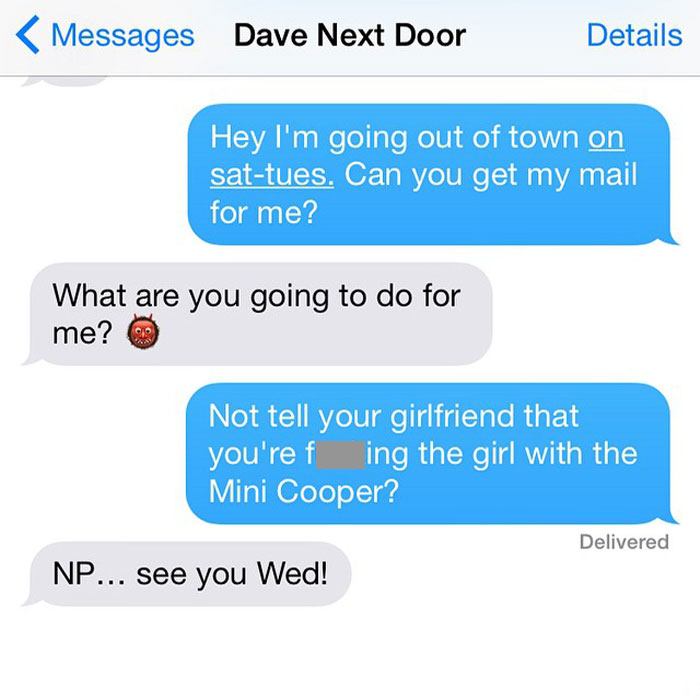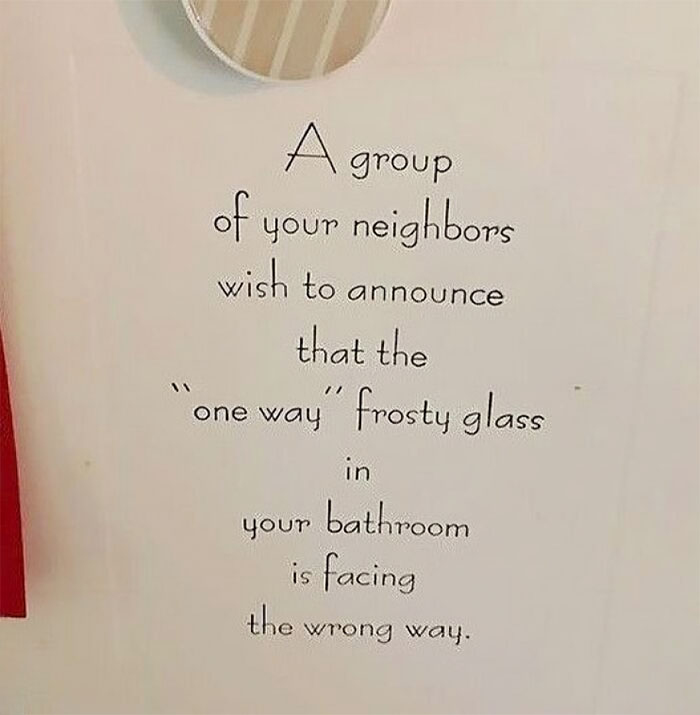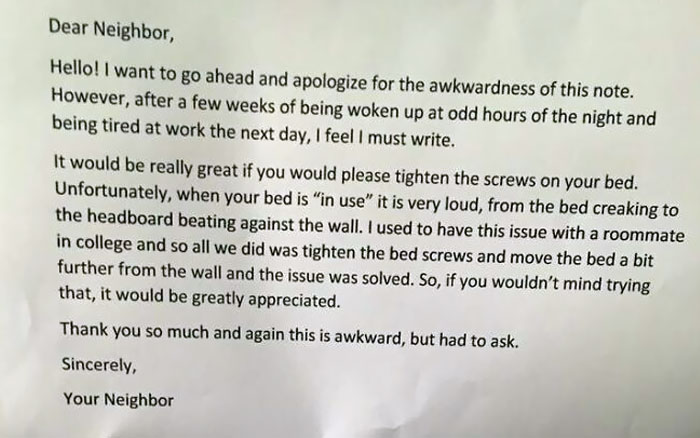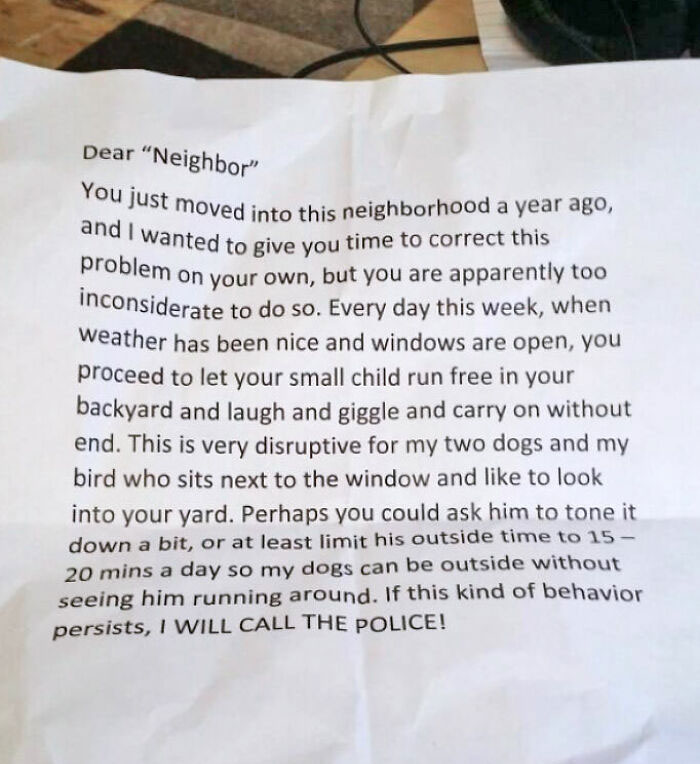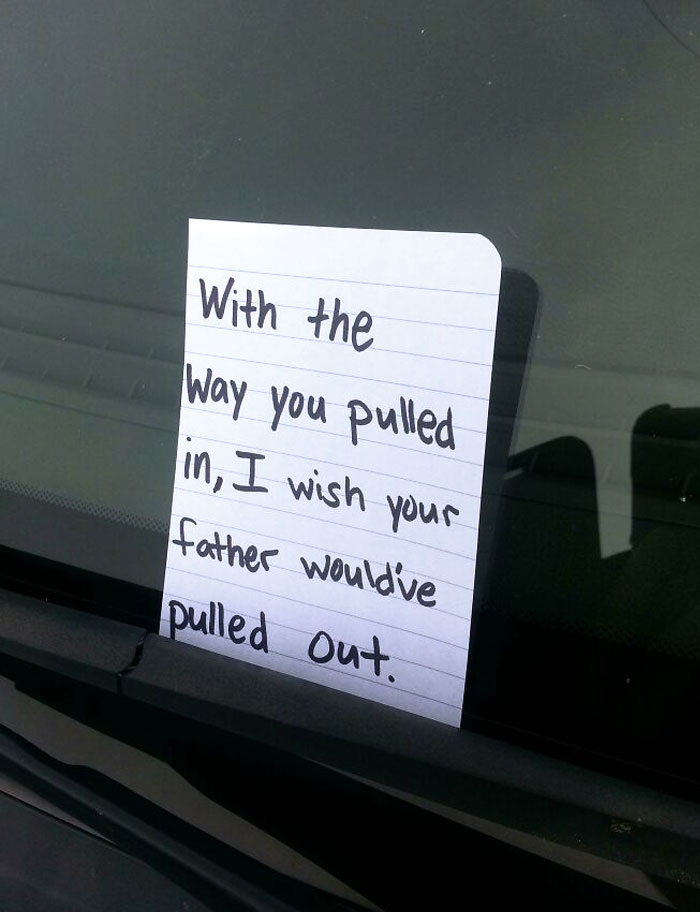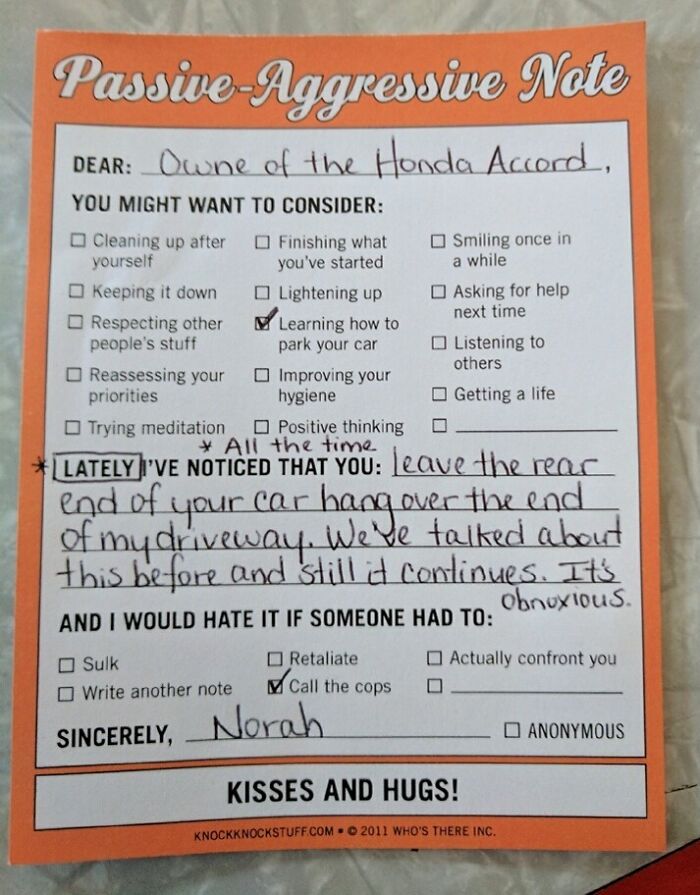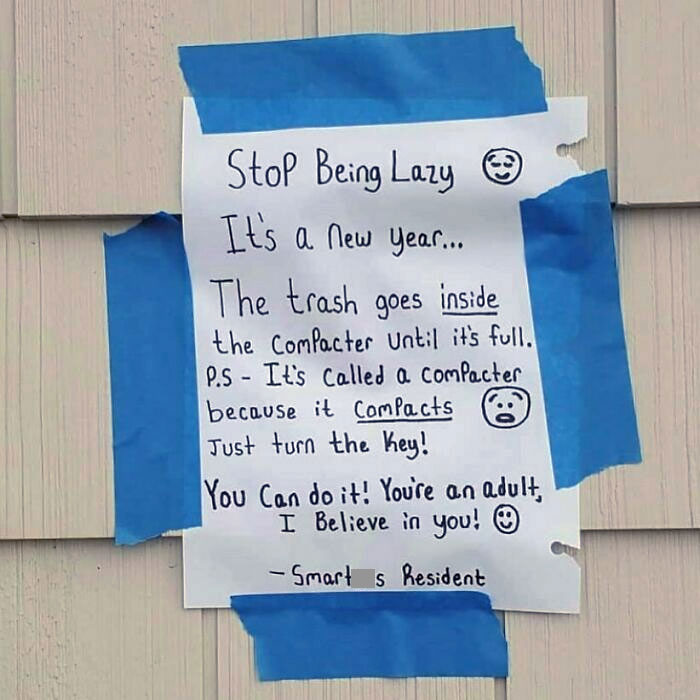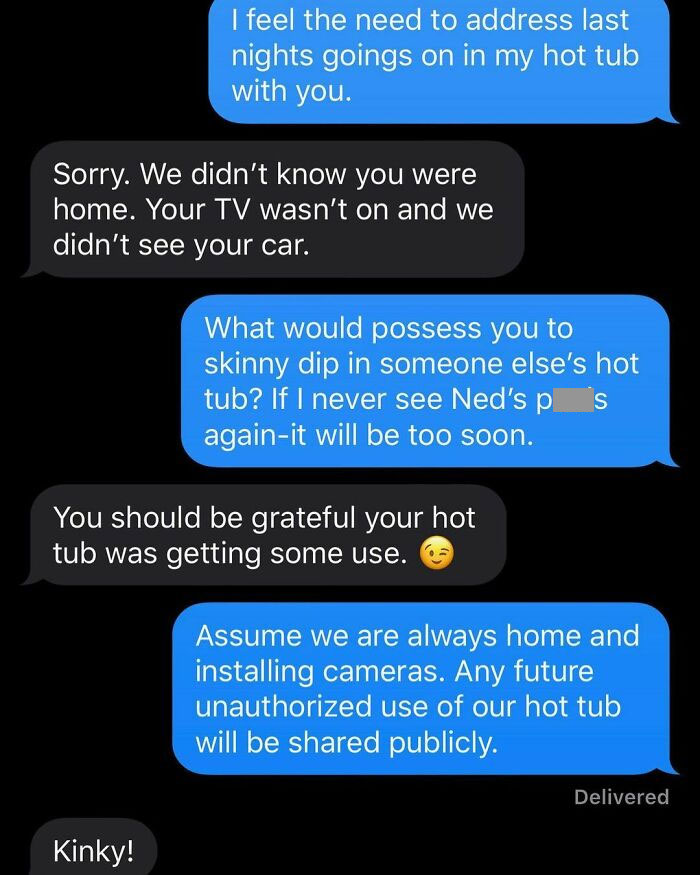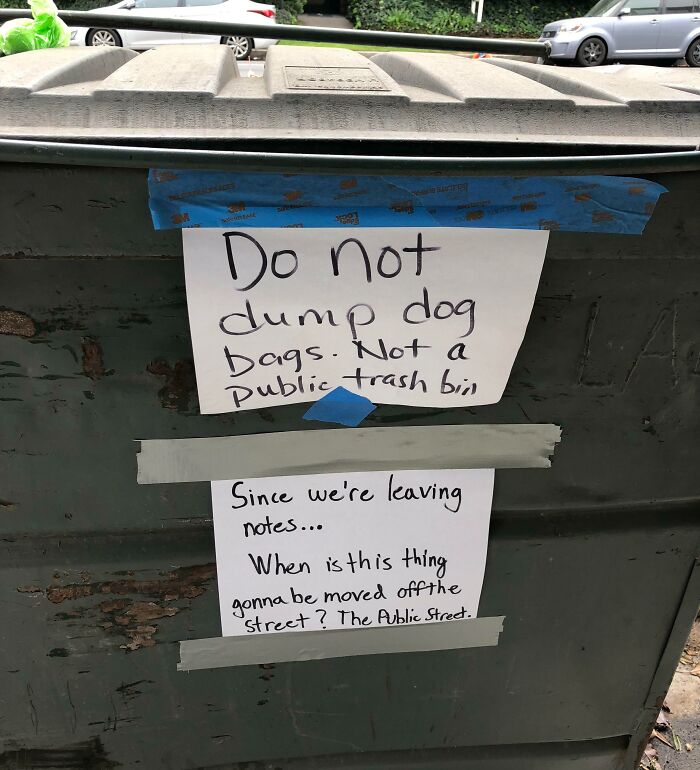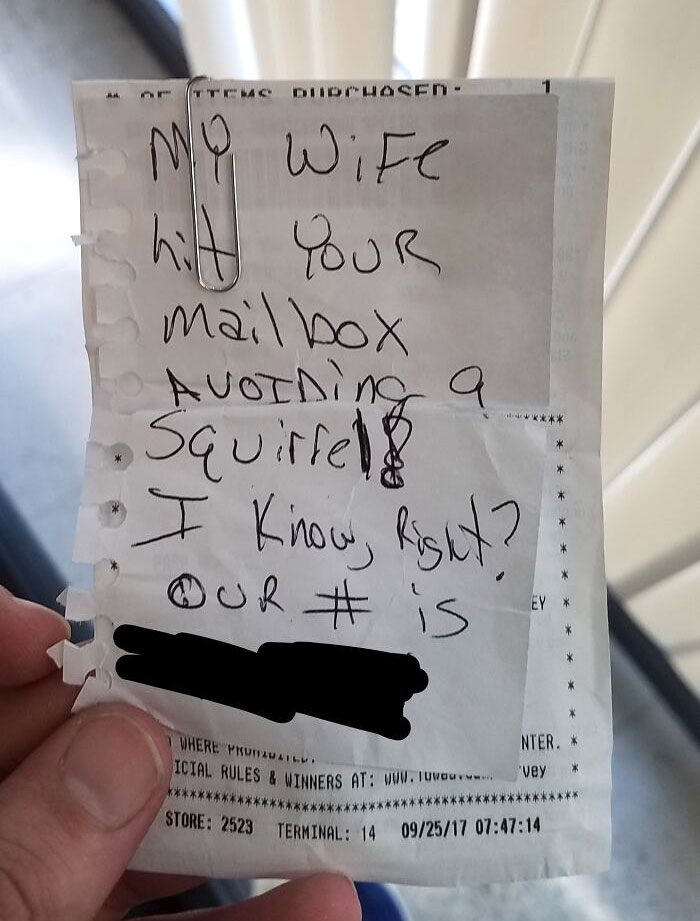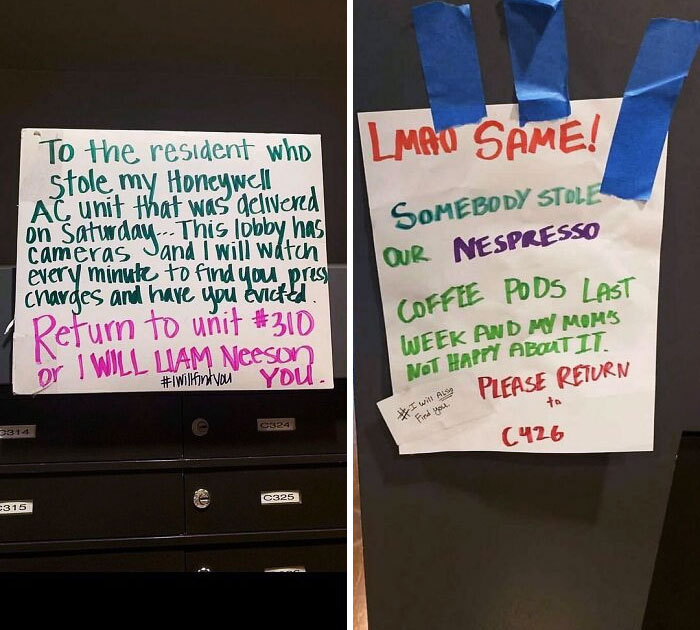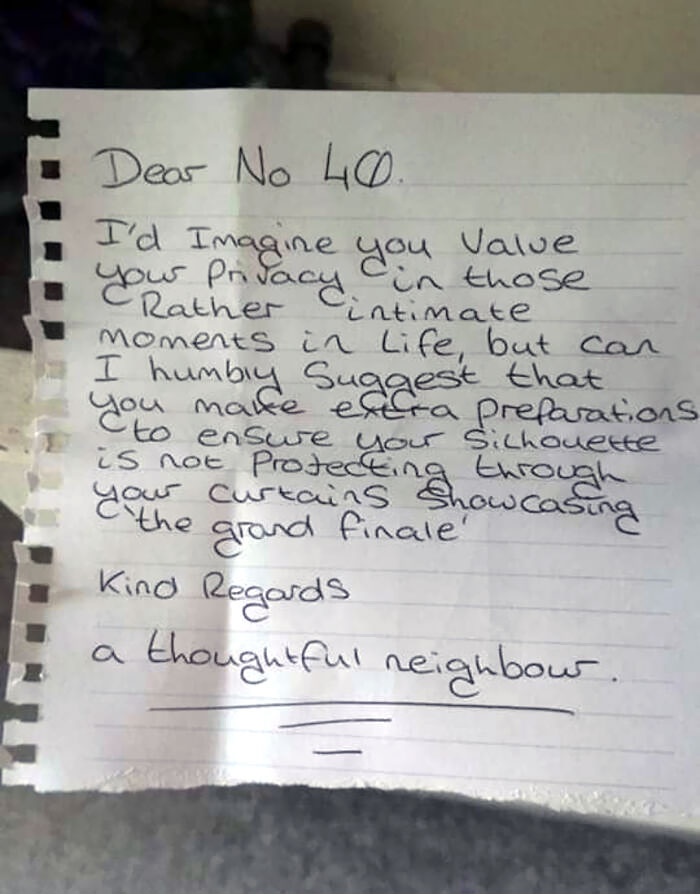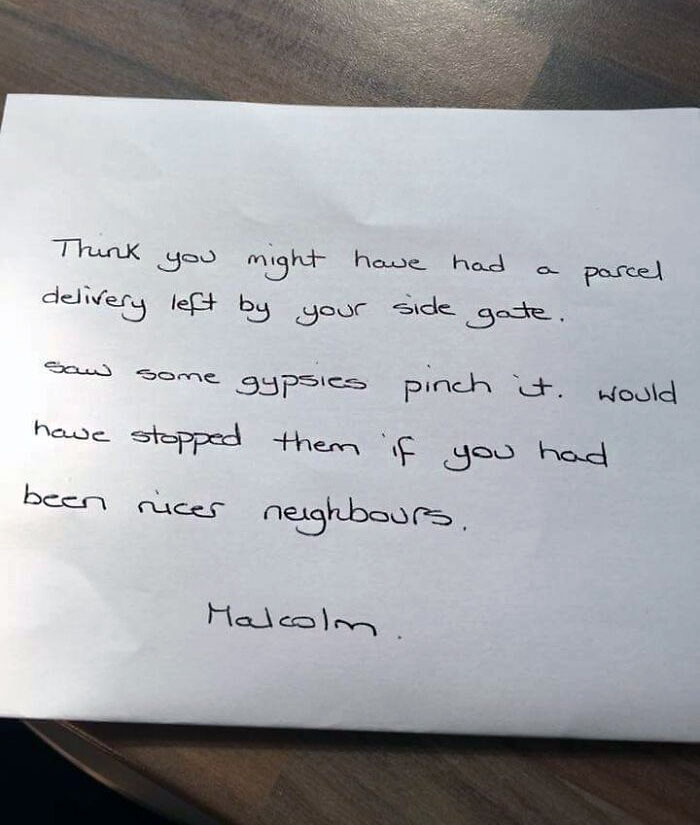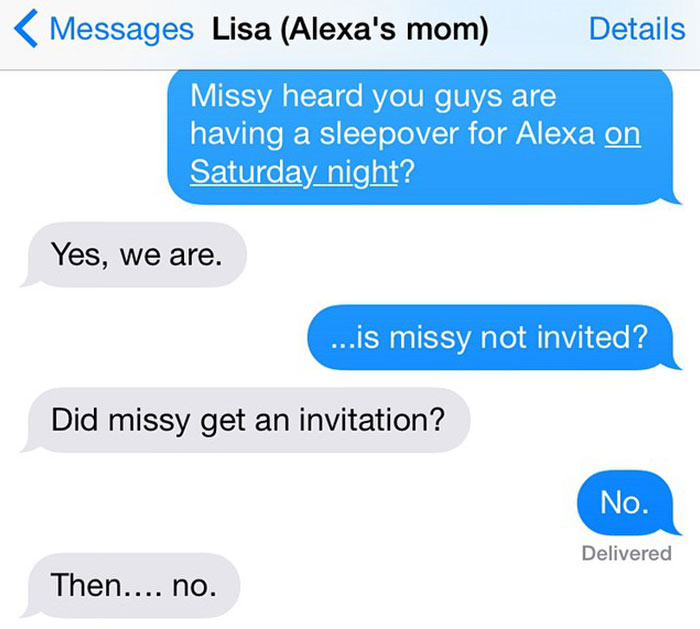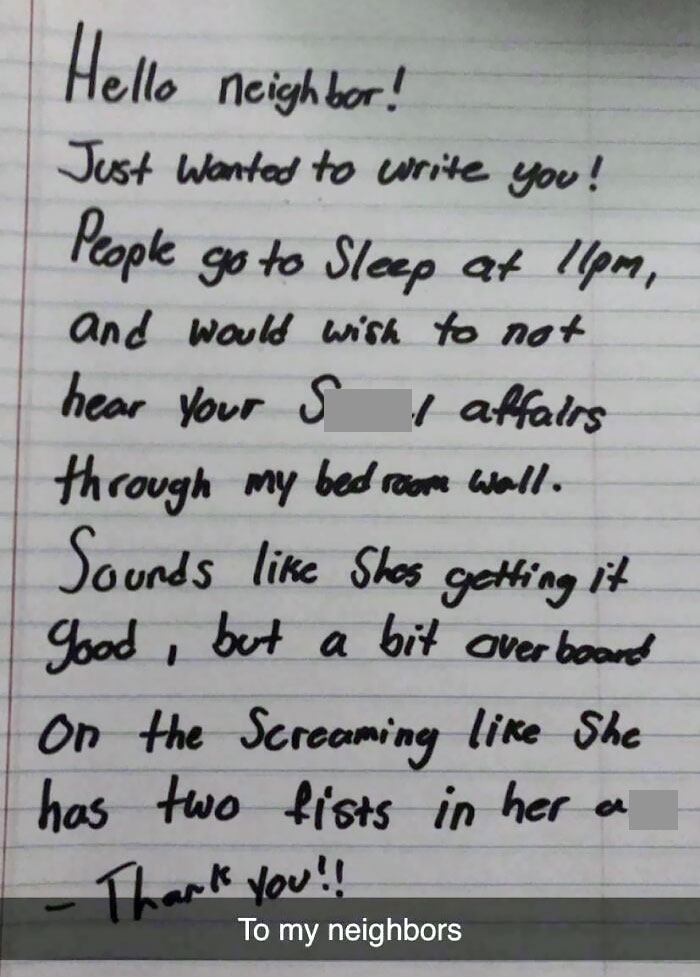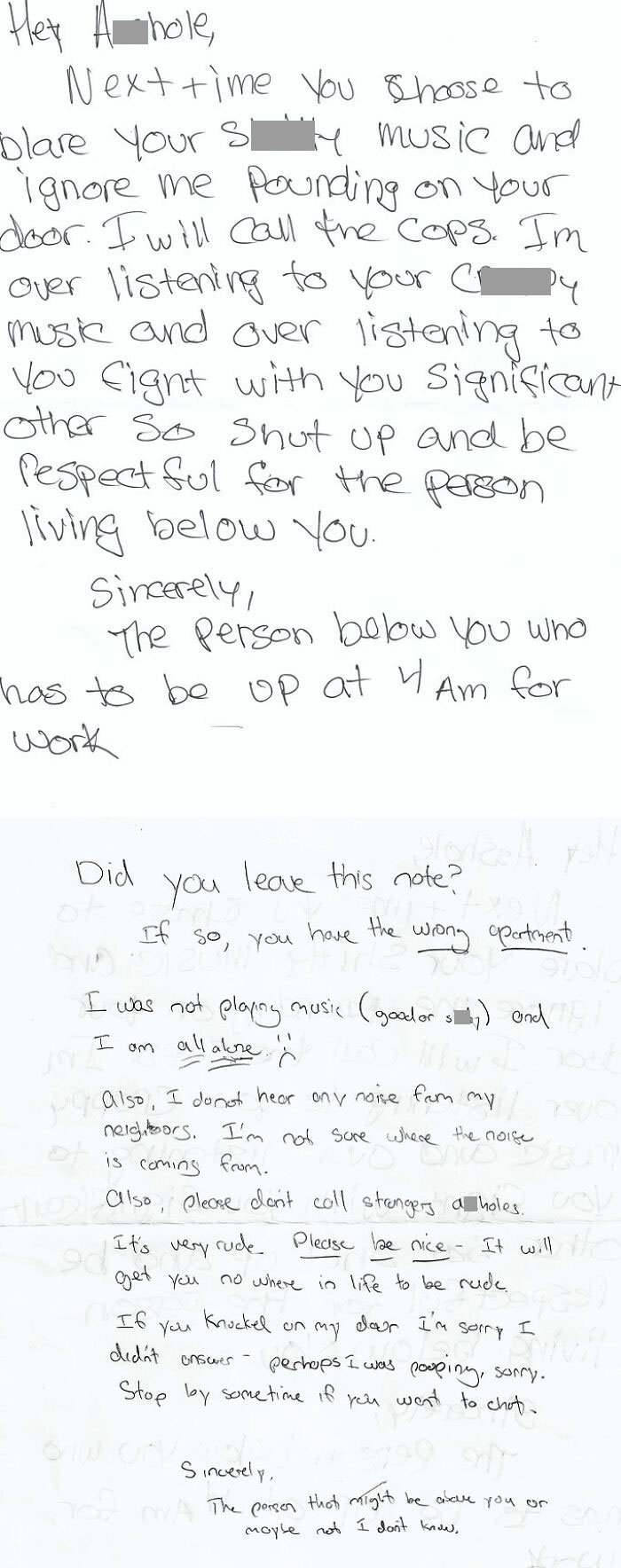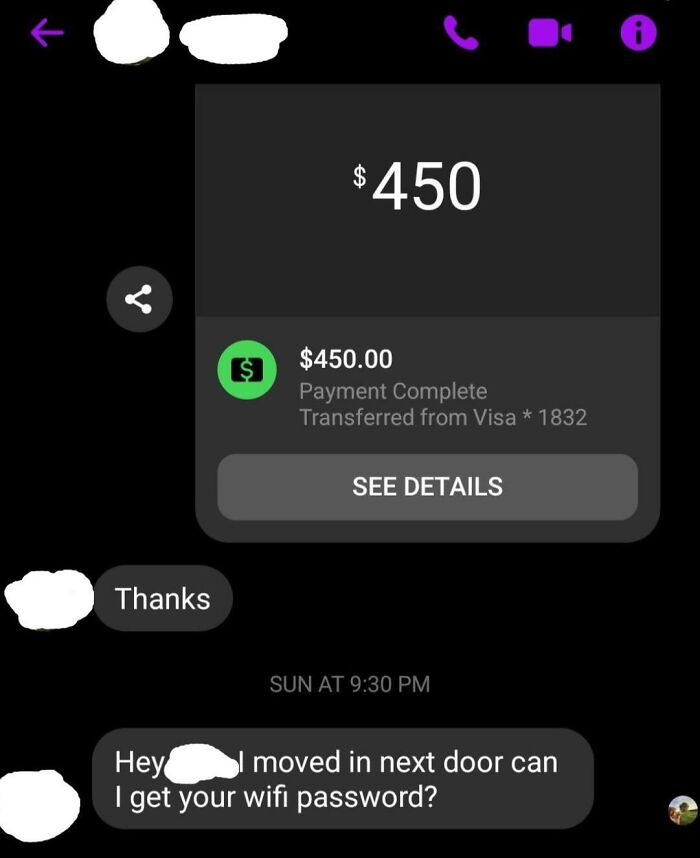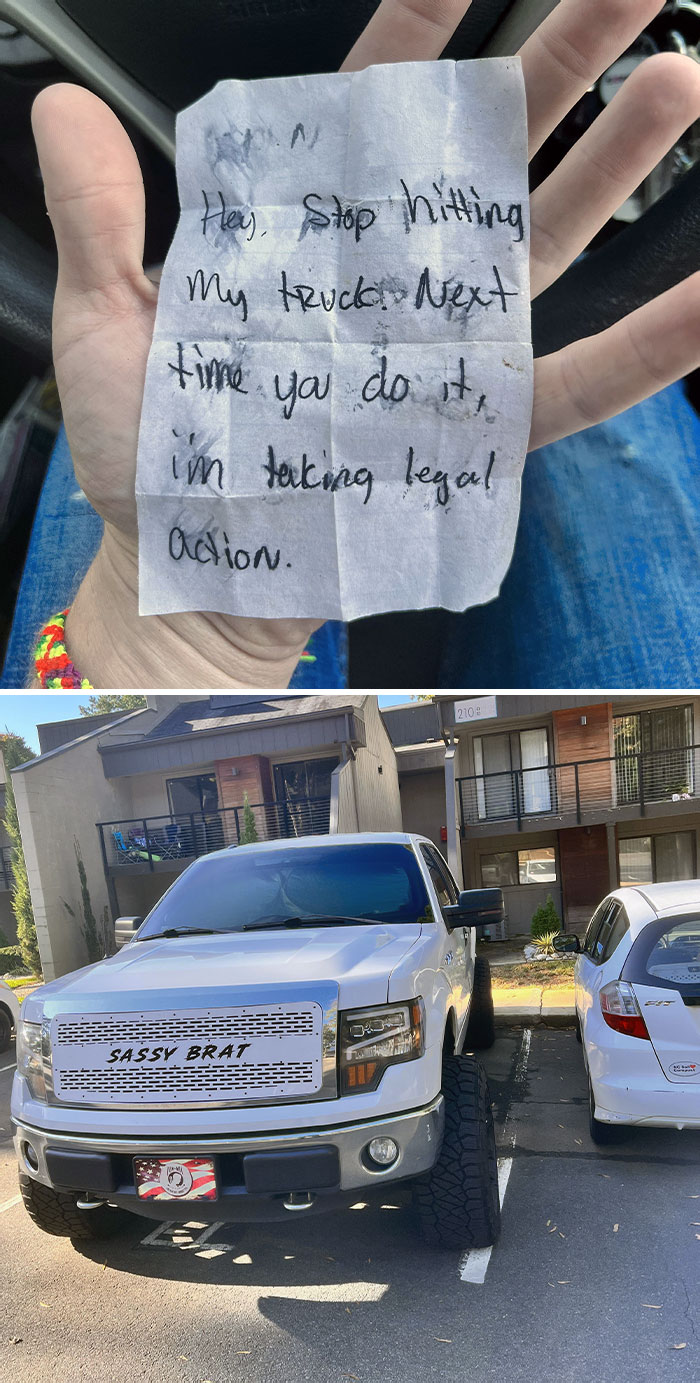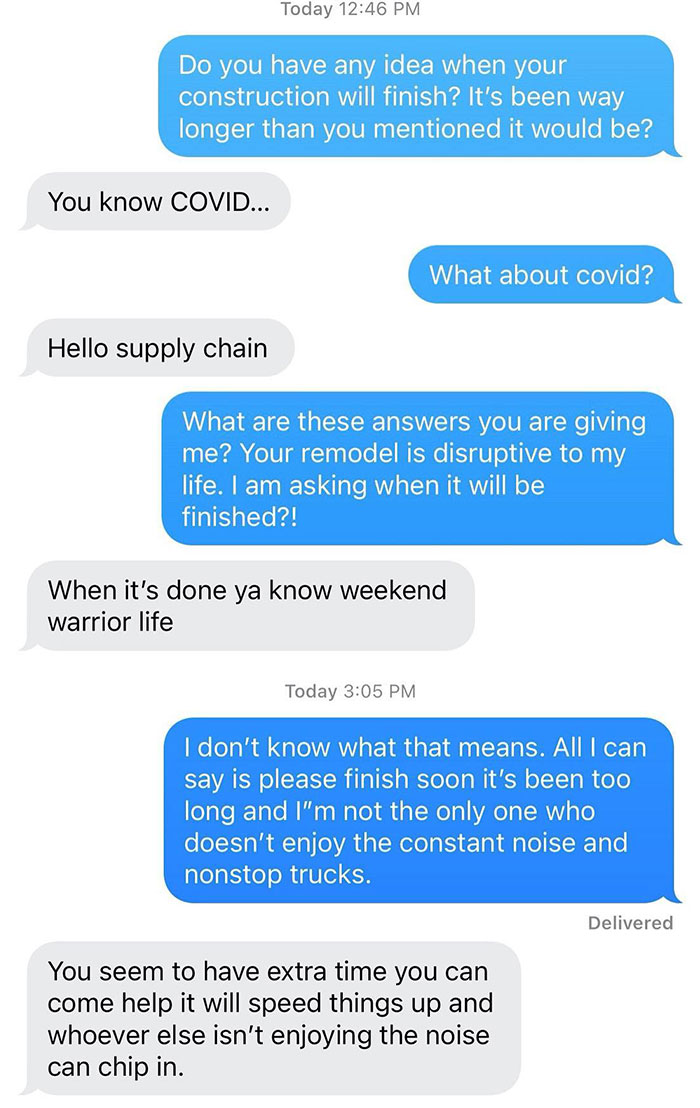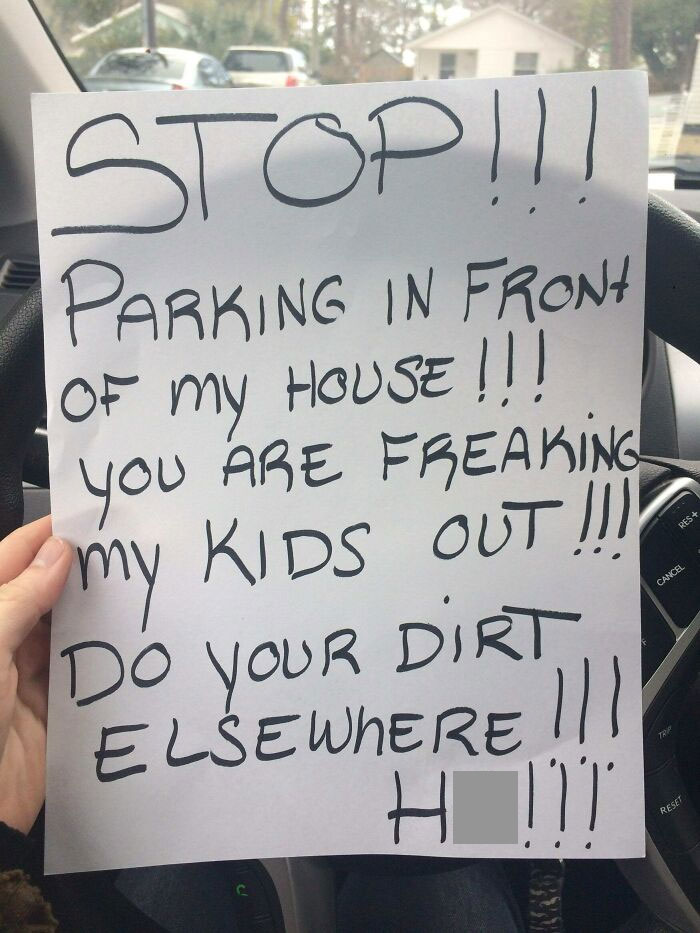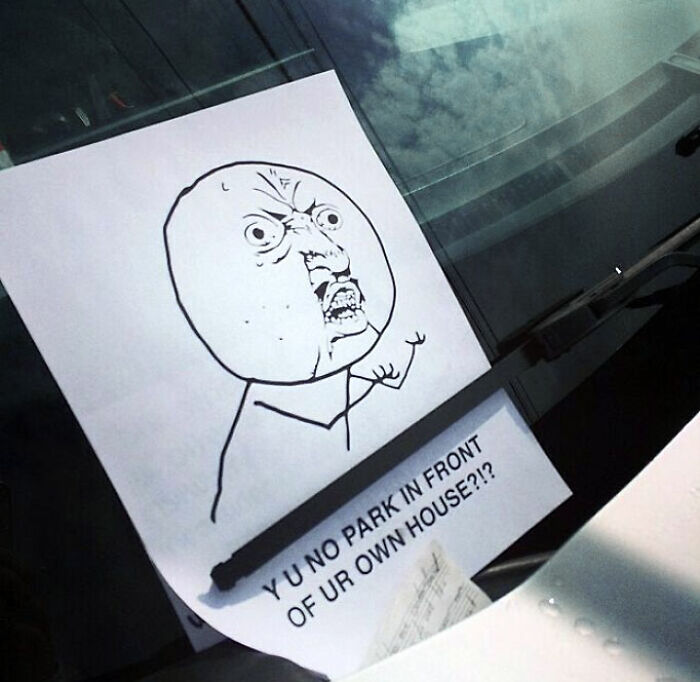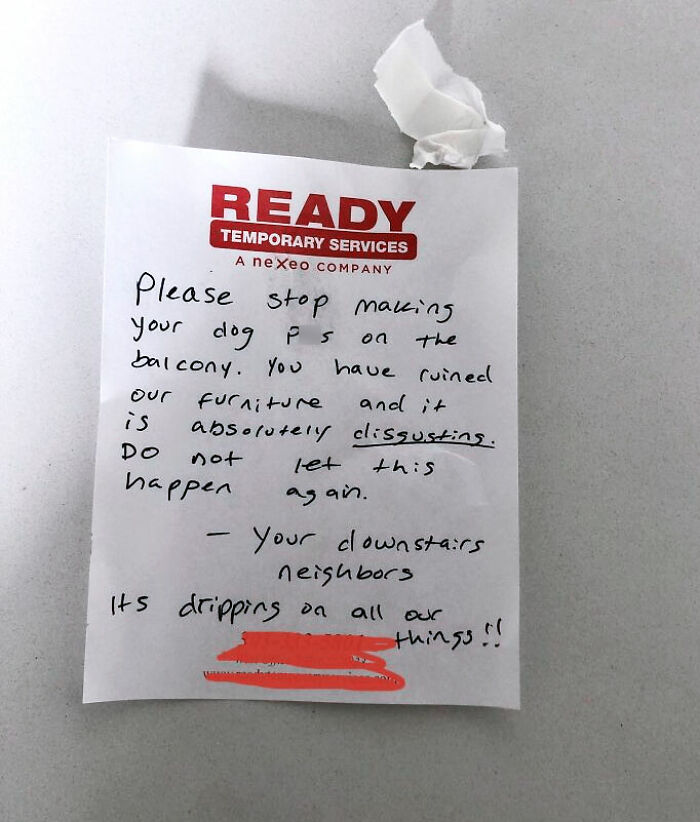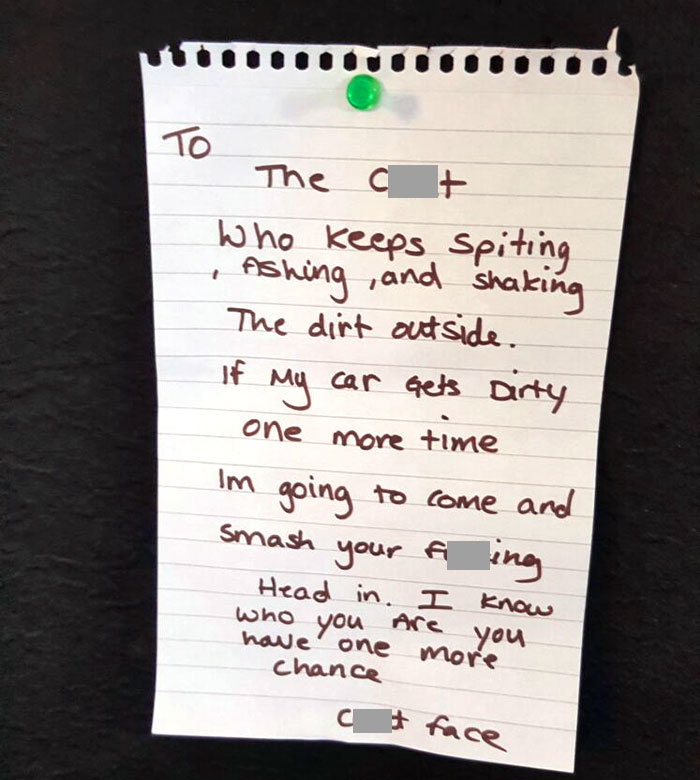Our team here at Bored Panda has curated a list of images showing what kinds of messages and notes some awful neighbors have actually sent. Some of them are relatable, and others might make you laugh through tears. Scroll down to see how nonsensical and frustrating things can get. Bored Panda got in touch with social psychologist Alison Jane Martingano, Ph.D., for a chat about how people can connect with the people in their neighborhood, as well as how to have empathy for problematic neighbors. Martingano is an assistant professor at the University of Wisconsin-Green Bay, the host of the ‘Psychology and Stuff’ podcast, and runs the ‘What Do You Mean?’ blog on Psychology Today. You’ll find our full interview with her below. The host of the ‘What Do You Mean?’ blog said that people need to overcome these barriers in order to promote conversations with their neighbors. “First, individuals may not want to talk to strangers, or [they] believe strangers do not want to talk to them. People have a good sense that a conversation with a friend will be enjoyable, but with strangers, we are anxious and more likely to assume it will go badly." There is, however, a very positive caveat! “Research shows that people enjoy conversations with strangers more than they expect!” Martingano shared with us. “Second, people may feel they don’t have competent interpersonal skills to break the ice and start a conversation with a neighbor. We worry about being likable and appearing competent but don’t know how to create these impressions. Generally, asking questions and sharing something a bit personal can create a positive impression.” She continued: “Third, folks may simply not see the opportunities in their everyday lives to speak to someone new. We often don’t think of bumping into our neighbor in the hall as an opportunity. If we go a little slower, we may see that there are more opportunities than we think.” “To foster empathy in these situations, it’s crucial to practice perspective-taking. This involves actively trying to understand the experiences, motivations, and feelings of our neighbors, especially in challenging circumstances. As I often discuss in my talks, empathy is like a muscle that requires regular exercise,” Martingano said. However, she warned that people can overwork their empathy ‘muscle’ or they can try to ‘pick up’ a weight that’s too heavy for them at the moment. “In cases of friction with neighbors, you don’t want to start trying to practice empathy by discussing their opposing political views. Begin with smaller exercises. For example, ask them what they think about the new garbage collection system or school bus route. Areas of minor disagreement can be a great place to start practicing seeing things from someone else’s point of view before picking up the larger dumbbells,” the expert suggested. “Then, when you find yourself in a challenging exchange, where it’s harder to discern feelings or perspectives of your neighbors, your empathy muscles will be stronger, thanks to these smaller, manageable practices.” We don’t know whether you’ve noticed it or not, but we certainly do not live in an ideal world. Tension and friction can and do lead to arguments between neighbors over everything and anything: noise, rudeness, annoying behaviors, bad habits, zoning issues, etc. Far from everyone’s capable of overcoming these neighborly challenges and miscommunication with grace and calmness. The reality is that fewer people know their neighbors now than decades ago. Nor is everyone self-aware enough to admit that they might, in fact, be causing problems for someone else. Many people have an ego. When you bring up a problem with their behavior, they can get defensive or aggressive. Some people are so touchy that they even see friendly requests about not playing the music so bloody loud at night as a personal affront. How dare anyone not like their massive midnight parties on a work night?! We all enjoy seeing justice being done. Naturally, when we confront someone who’s done us wrong, we imagine all sorts of scenarios where we come out on top and our neighbors are remorseful for their God-awful behavior. But reality is often very different from our power fantasies. The fact is that if you start off the conversation angry, judgmental, and confrontational, you’re only making things worse. It’s usually best to be as cool and collected as possible. Start your conversation with your neighbor in a friendly or neutral manner. Explain the situation to them. Tell them how their behavior impacts you and how it makes you feel. You should try to avoid outright blaming them for things, even if they are 100% in the wrong. Remember, your goal is to get them to stop their current behavior and become more neighborly. If they start resenting you, they might make your life hell just because they can get a rise out of you. Take the time to connect with your problem neighbors… at least on a superficial level. It’s more difficult to do nasty things to people we personally know and like. Finding or creating some common ground between all of you can help you solve any future problems much more easily. And you never know, you might genuinely end up becoming cordial in the future. However, let’s not be naive. Not everyone is rational. Not everyone is reasonable. Not everyone is willing to set aside their ego and admit that they’re the jerk in a particular situation. Self-awareness, emotional intelligence, and humility take concerted effort over a long time to develop. So if your friendly chat (or two, or three!) doesn’t get through to your neighbor, it’s time to escalate things. Talk to your local council, building administrator, or neighborhood association about the problem. Ask them to mediate the conflict. Follow Bored Panda on Google News! Follow us on Flipboard.com/@boredpanda! Please use high-res photos without watermarks Ooops! Your image is too large, maximum file size is 8 MB.






